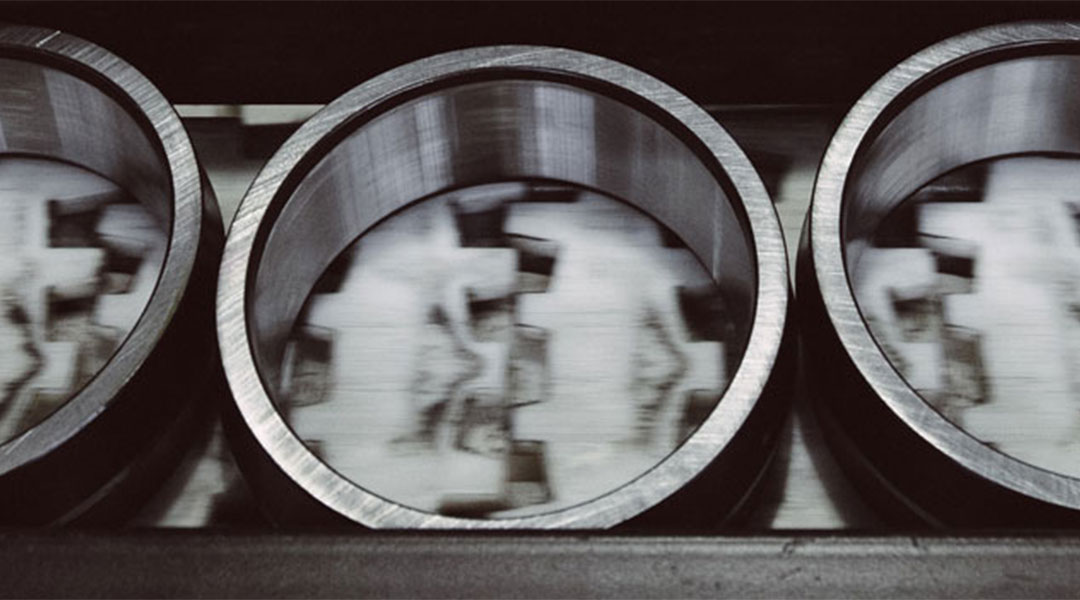news center
Part 2-These Are The 5 Things You Should Not Do To Your Bearings
2020-02-26
These are a few things that you should not do to your bearings to avoid early breakdowns:
4.Hammer or exert direct force
While bearings are relatively hard, using metal hammers (e.g. steel) that have greater hardness could cause serious harm to the bearings.
Usually, the tight fit configuration is meant for either the shaft or the housing. There have been cases whereby both components have tight fits due to their deviation which dictates how far away from the nominal dimension, the actual measurement is allowed to be. For example, if the shaft has the maximum deviation of +10μm and housing bore has the minimum deviation of -10μm, this would mean that the shaft has a slightly larger diameter than its standard measurement while the housing has a marginally smaller diameter than its actual dimension. Hence, the larger shaft and the smaller housing are unable to fit into each other due to tightness.
When encountered with this situation, some would use a hammer or similar tools to pound on the bearings, hoping to "loosen" the fit. However, not only does this action unable to help with loosening the fit, it causes severe damage to the bearings. This causes the rolling elements to be misaligned and also wears out the bearings due to hammering.
5. Exposing your bearings to moisture
While most bearings have a strong resistant to water or damp surfaces, it is still susceptible to rust under extreme condition or when they are exposed to moisture for a long period of time, resulting in water contamination. It is important to note that even a little rust has a huge impact on the lifespan of the bearings. While bearing failure may take a long time, sometimes even up to several years to even be noticeable, the life expectancy of bearings are significantly reduced. Therefore, it is important to keep your bearings sealed in their original unopened package (until needed) and stored in a clean and dry environment.







